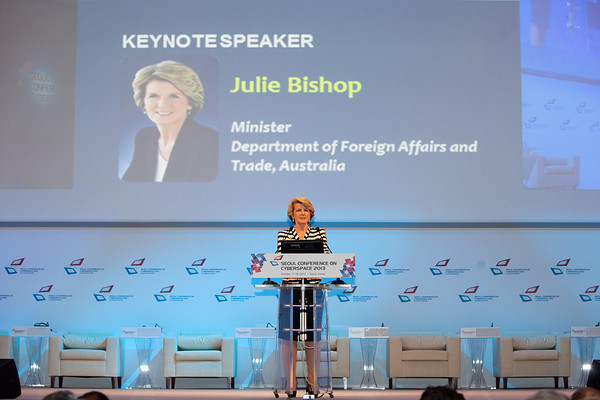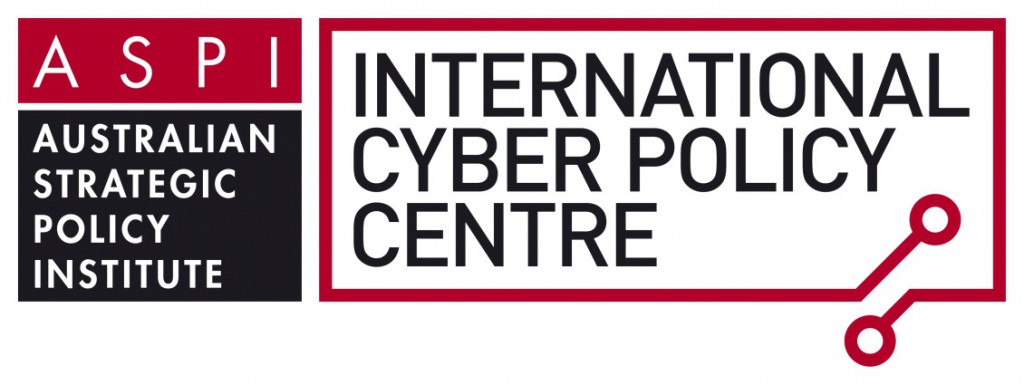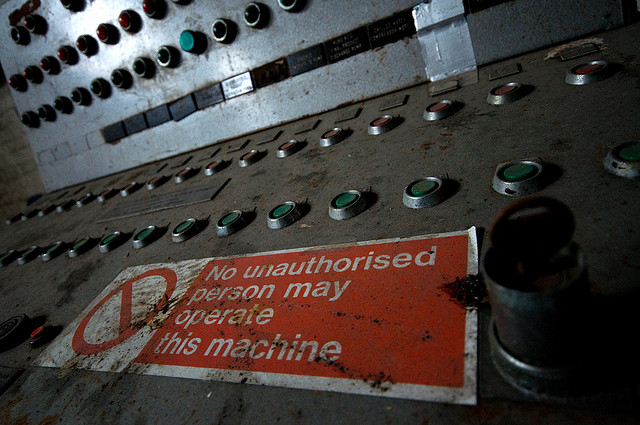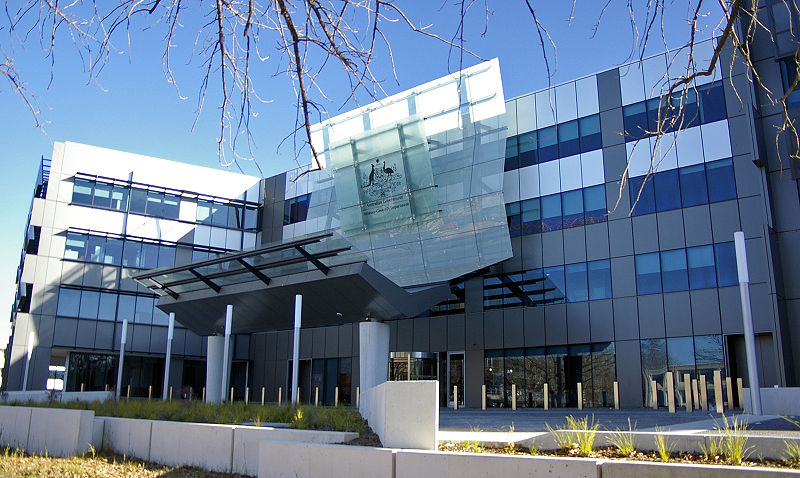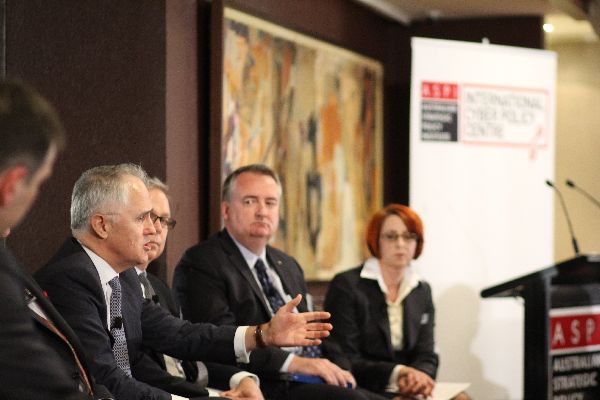Reader response: government and cybersecurity – how big a role?
I’m glad to see Klee Aiken offer his thoughts on cybersecurity, and I share his suspicion of intrusive surveillance. But it’s for this very reason that I’m raising alternative uses of ‘big data’, and I fear Klee’s assessment of the potential role for government neglects several key issues.
To begin with, I’m not particularly confident the private sector will prove capable of protecting their own systems as cyber security becomes more burdensome. I’d welcome Klee’s input on this point, but I see a classic example of market failure behind industry’s lagging response to the system-wide costs inflicted by malware. After all, the US government has been announcing plans to foster more security-conscious behaviour since 2003, and yet they’re still waiting for any meaningful changes which can keep pace with new dangers.

